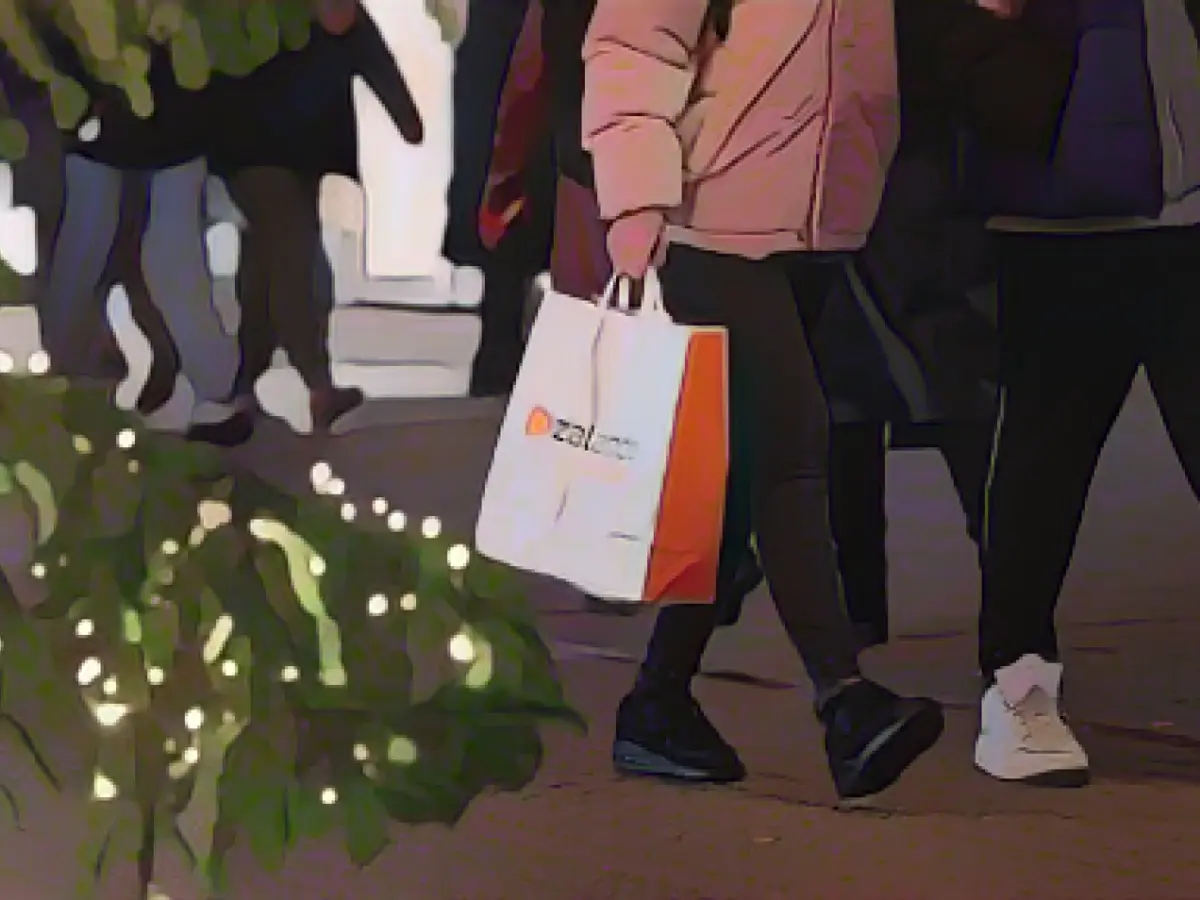Retailing in North Rhine-Westphalia (NRW) Faces Challenges Despite Festive Buying Spree
Despite a surge in popularity for gift vouchers, perfumery items, and high-end household appliances, retailers in NRW still grapple with falling short of their previous year's sales targets heading into the New Year.
Many of Germany's retailers are hoping to salvage their holiday sales through the final retail trade days of the year, albeit with a significant hurdle: December 24 lands on a Sunday this year, restricting late-night shopping possibilities. Whilst historically, Christmas sales represent almost 20% of annual turnover for brick-and-mortar retailers, nationwide, business has failed to meet expectations as of late.
Düsseldorf's trade association anticipates a retail boost on the fourth Saturday in Advent, especially in food markets, given the limited shopping opportunities on the 24th. Düsseldorf's retailers are also running discounts and promotions to encourage online shopping during a period of high inflation and fierce e-commerce competition.
According to the latest consumer survey, only 49% of German Christmas shoppers intend to visit physical stores – a decrease of four percentage points compared to 2022. To further compound matters, more than half of Germany's most popular shopping streets witnessed a significant year-on-year decrease in footfall at the beginning of the holiday season.
Market Saturation, Supply Chain Issues, and Economic Factors Challenge Retailers
The e-commerce industry's rapid growth has contributed to market saturation, making it increasingly competitive and difficult for retailers to stand out. Consumer demands for interactive, personalized shopping experiences also add complexity, requiring significant investment in advanced technology and marketing strategies.
Further complicating issues, supply chain disruptions brought on by the pandemic have resulted in stock shortages and shipping delays, particularly over peak seasons like Christmas. Some regions, too, exhibit unique regional challenges - waste management, logistics, or international store closures - which can negatively impact retail operations.







